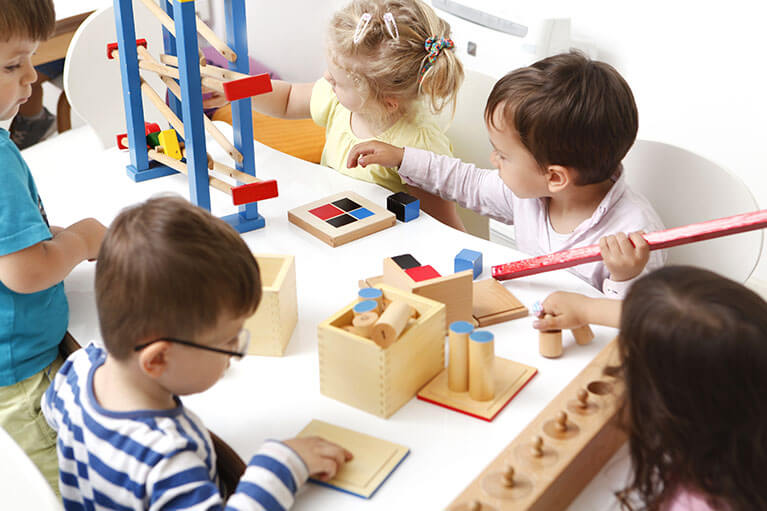Building Strong Foundations: The Role of Fine Motor Skills in Hand-Eye Coordinationand Early Childhood Development

Fine motor skills play a crucial role in a child’s early development, particularly in fostering hand-eye coordination. These skills, which involve the precise movement of small muscles in the hands and fingers, are essential for everyday tasks such as writing, buttoning clothes, and using utensils. Strengthening fine motor skills not only aids in physical abilities but also supports cognitive growth, problem-solving, and emotional development.
What Are Fine Motor Skills?
Fine motor skills refer to the coordinated movement of small muscles in the hands, fingers, and wrists. These movements are necessary for activities like gripping a pencil, manipulating small
objects, and even tying shoelaces. Early childhood is a crucial time for developing these skills, as they form the foundation for more complex tasks later in life.
The Connection Between Fine Motor Skills and Hand-Eye Coordination
Hand-eye coordination is the ability to control hand movements based on visual input. It allows children to catch a ball, draw shapes, and stack blocks with precision. When fine motor skills are well-developed, children can perform these tasks more efficiently, improving their ability to interact with their environment and boosting their confidence in daily activities.
Why Are Fine Motor Skills Important in Early Childhood Development?
- Enhancing Academic Readiness – Strong fine motor skills prepare children for writing, cutting with scissors, and other school-related tasks that require dexterity and precision.
- Boosting Independence – Tasks such as dressing, eating, and personal hygiene become easier as children refine their motor skills, fostering a sense of independence.
- Supporting Cognitive Development – Engaging in fine motor activities strengthens problem-solving abilities, spatial awareness, and hand-eye coordination, all of which are crucial for cognitive growth.
- Encouraging Social and Emotional Growth – Mastering small tasks builds confidence and patience, allowing children to engage in social interactions and group activities with ease.
How to Support Fine Motor Development in Young Children
- Encourage Play-Based Learning – Activities like building with blocks, threading beads, and playing with playdough enhance finger strength and dexterity.
- Provide Hands-On Activities – Drawing, cutting, and assembling puzzles help refine motor control and coordination.
- Engage in Everyday Tasks – Simple chores like buttoning shirts, pouring water, and using tweezers to pick up small objects strengthen fine motor skills.
- Use Adaptive Tools – Child-friendly scissors, large crayons, and easy-to-grip utensils support early motor skill development.
Final Thoughts!
Fine motor skills are a vital part of early childhood development, impacting everything from hand-eye coordination to academic readiness and independence. By incorporating engaging, hands-on activities into a child’s daily routine, caregivers and educators can help build a strong foundation for lifelong learning and success. Investing time in developing these skills early on ensures that children gain the confidence and ability to tackle more complex tasks as they grow.